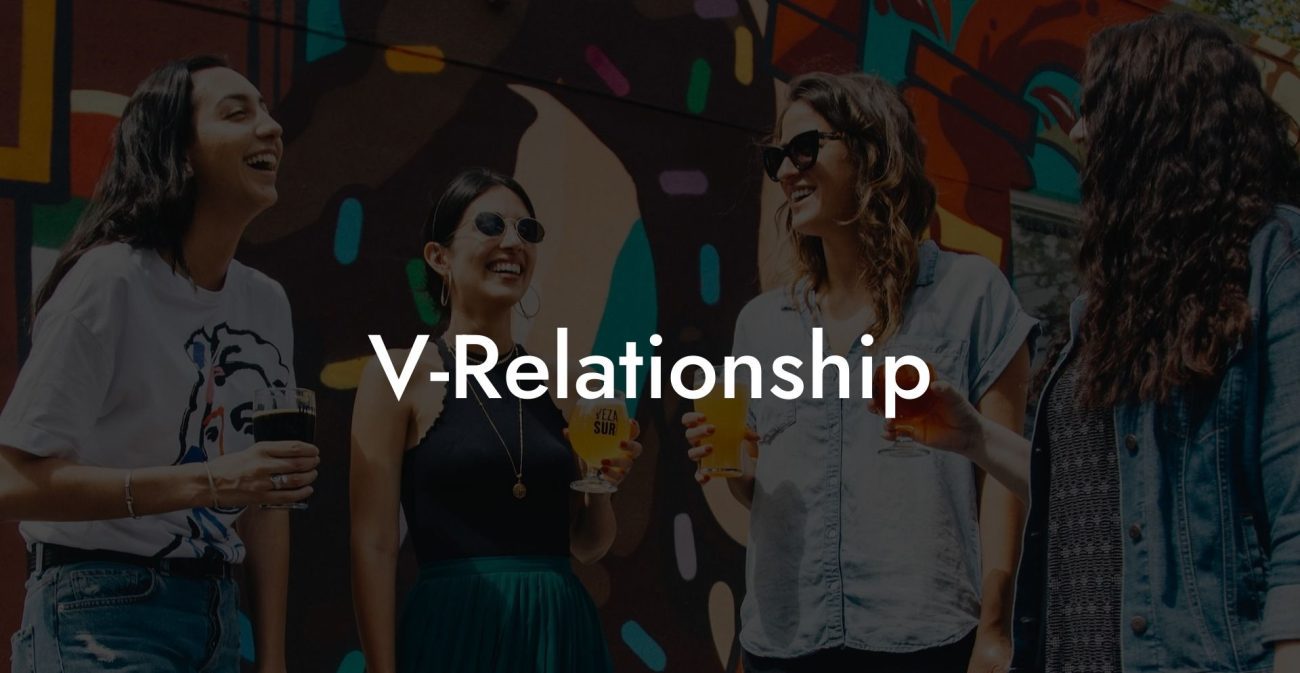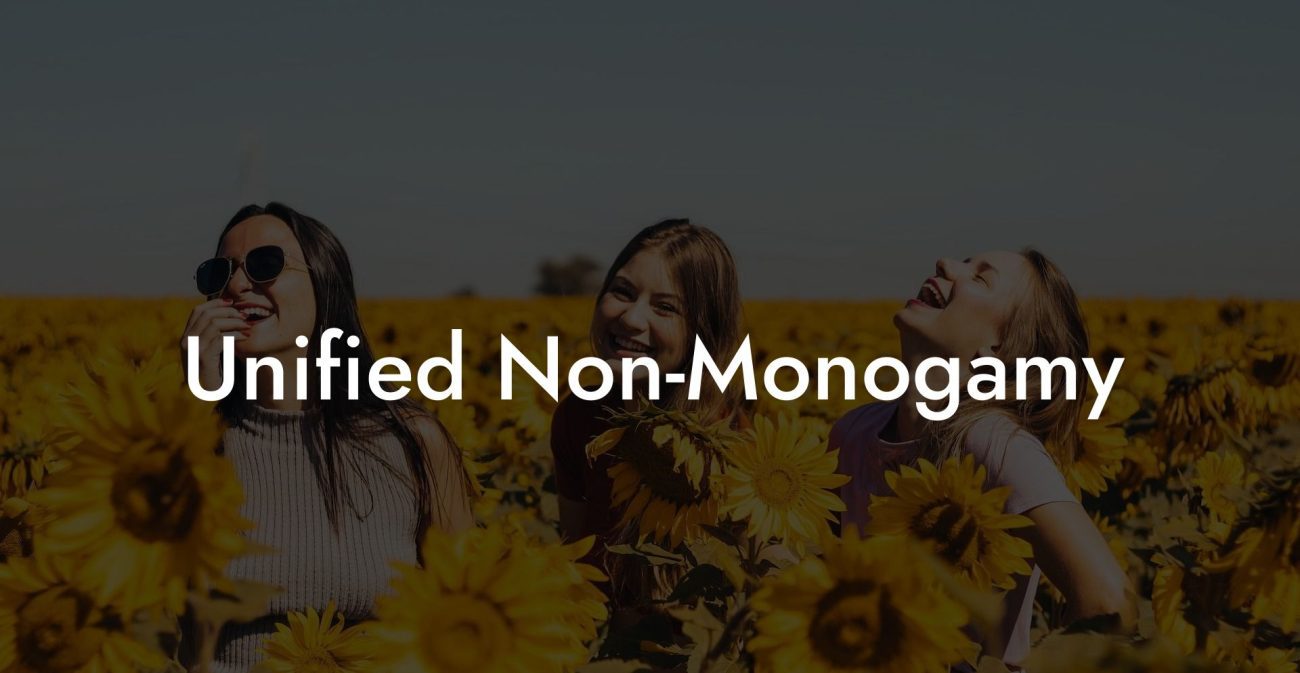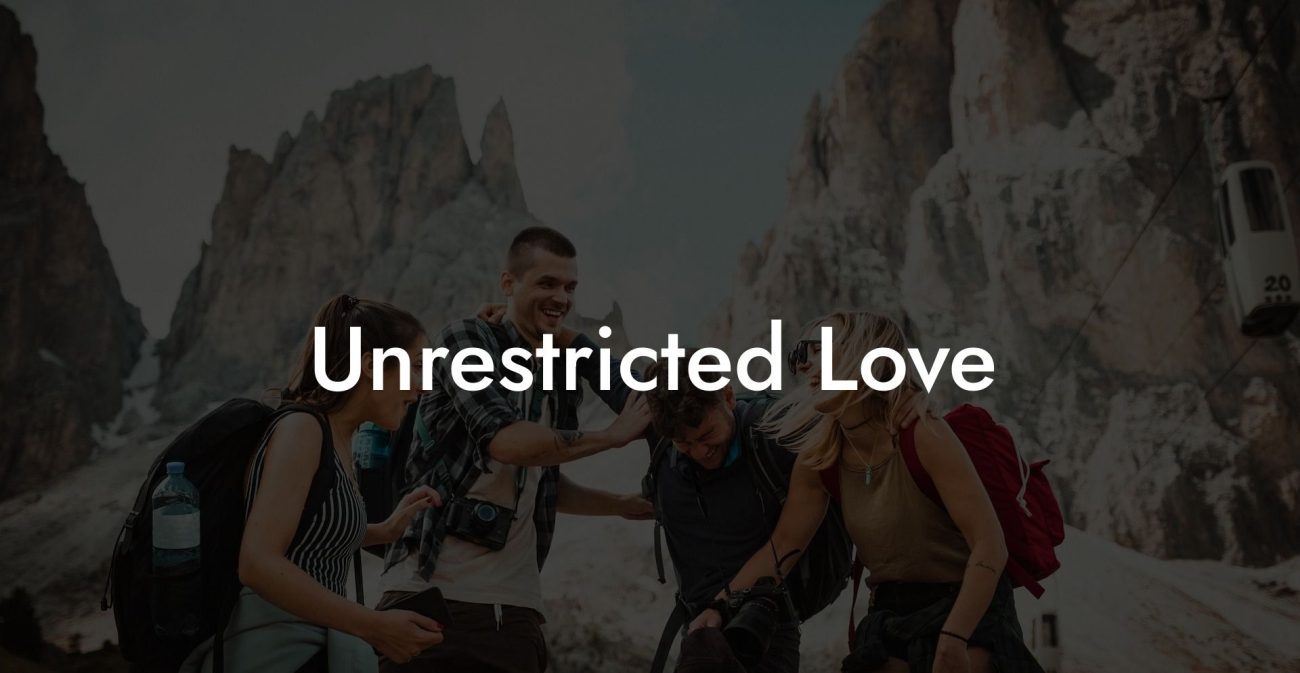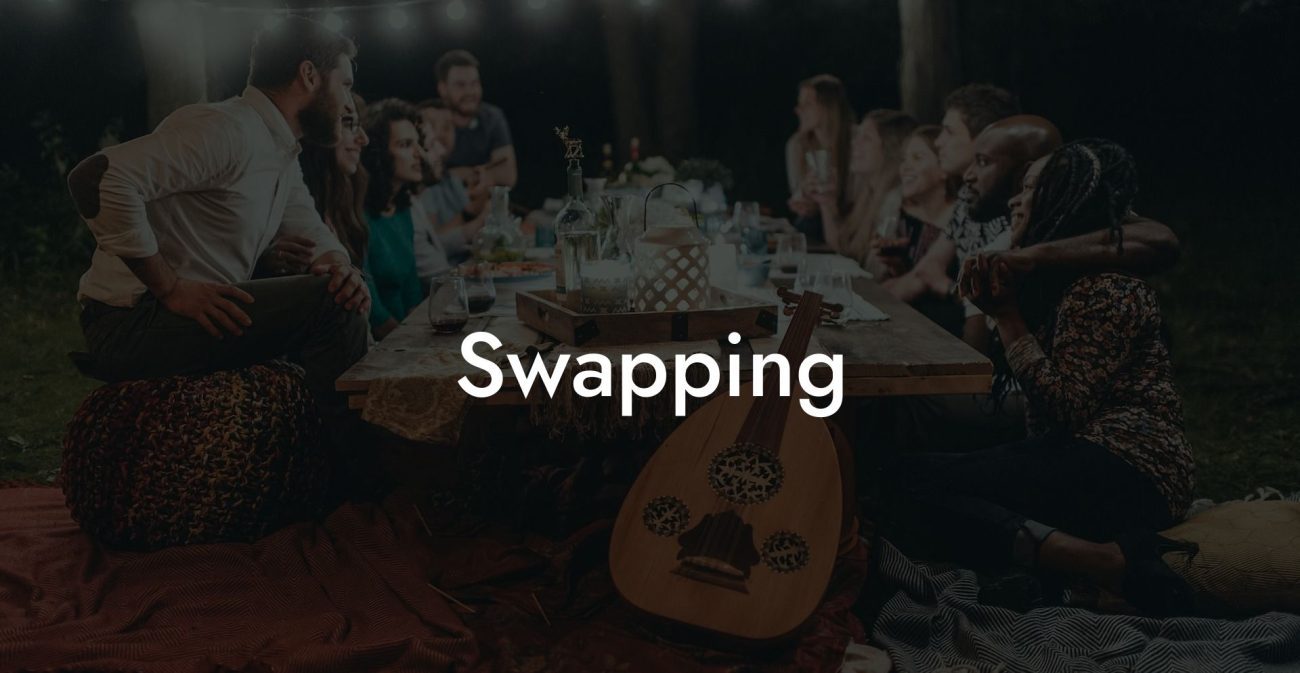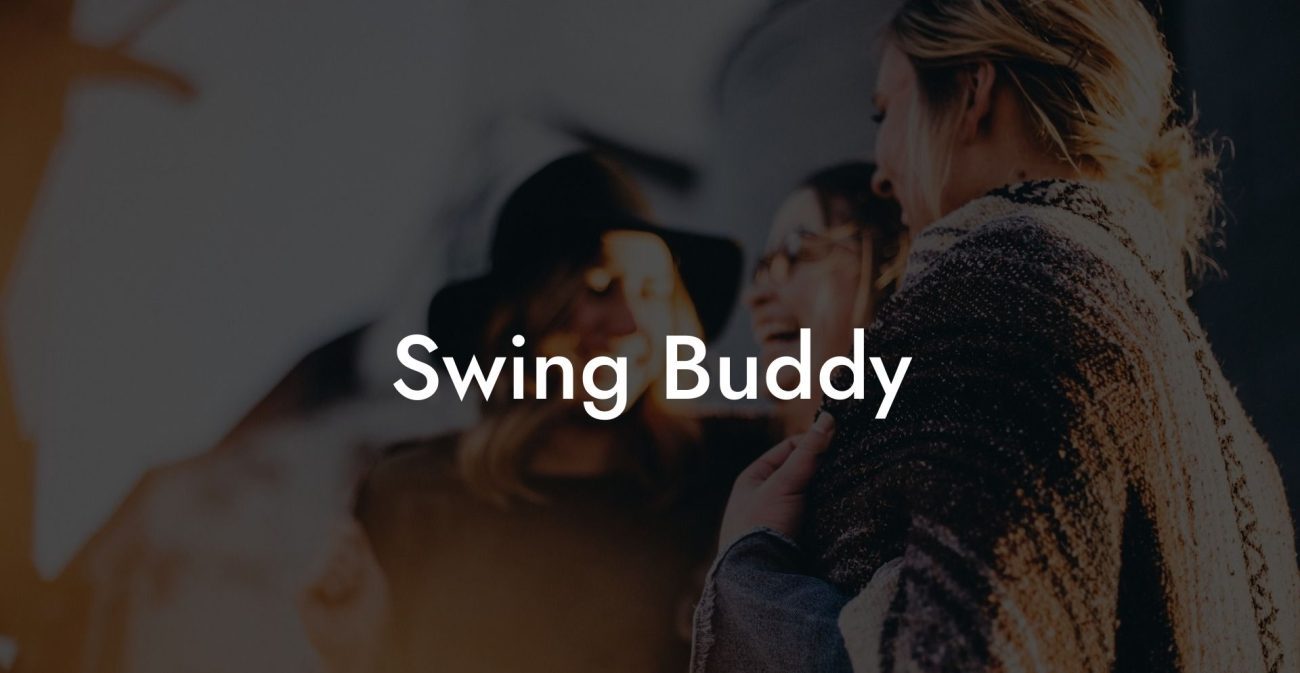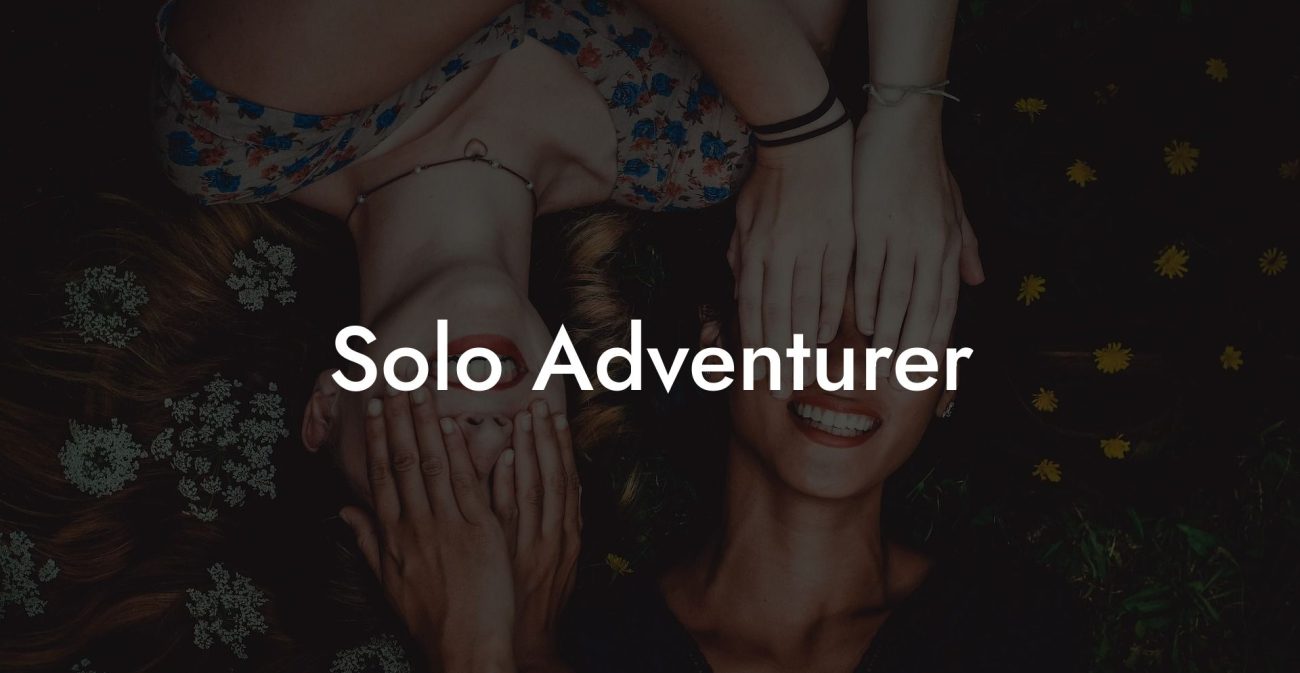Love Lab
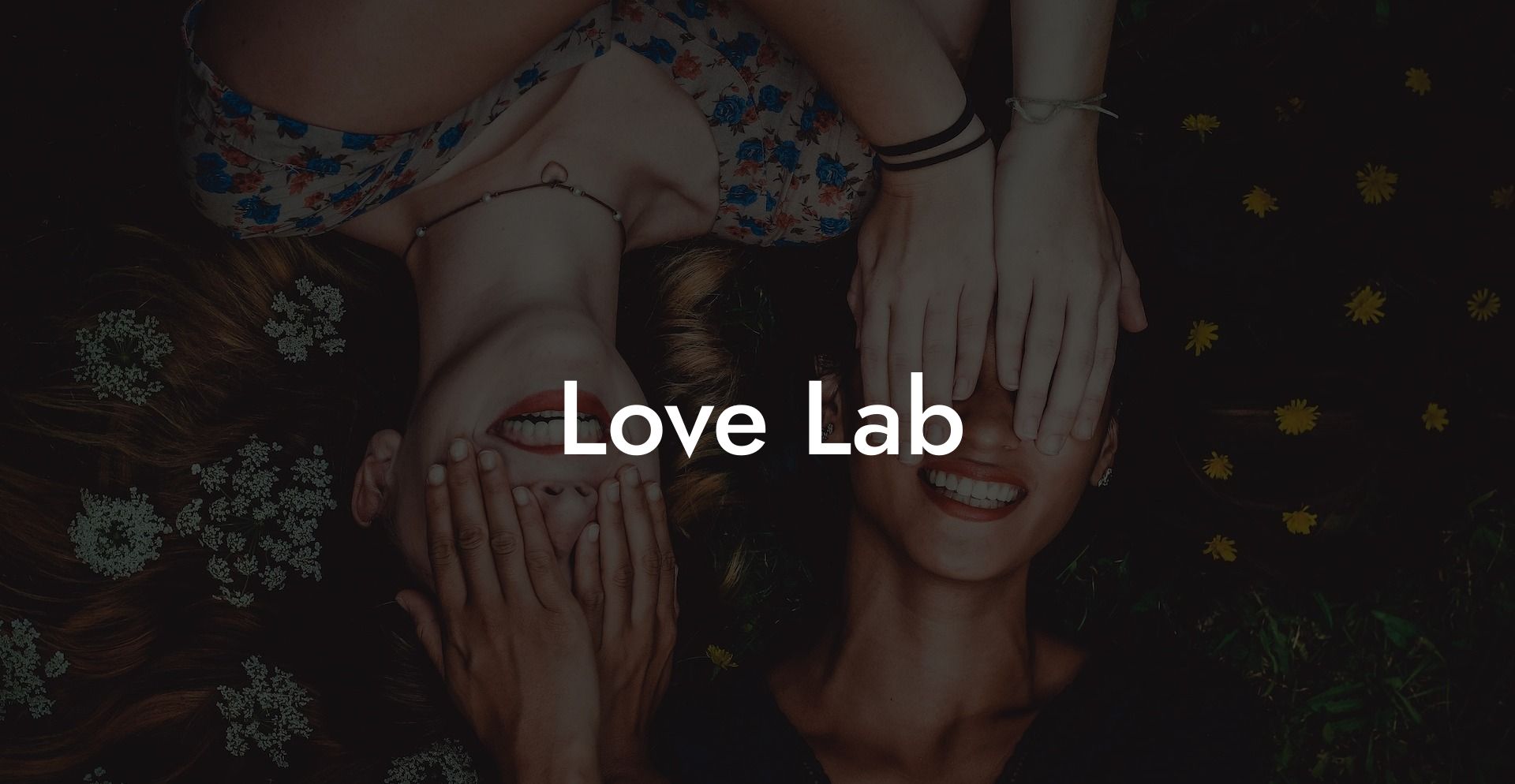
Imagine stepping into a vibrant space where love is treated like a creative experiment—a place where every emotion is a hypothesis, every connection a test, and every shared moment an opportunity to discover new ways of relating. Welcome to Love Lab, a pioneering concept in ethical non monogamy that invites you to explore, experiment, and evolve your intimate life like a scientist in a cutting-edge research facility. Here, love isn’t a static formula; it’s a dynamic, ever-changing project where creativity meets vulnerability, and every experience is analyzed, refined, and celebrated.
Have you ever wondered if monogamy is just a stupid little experiment? Open relationships, polyamory, relationship anarchy...find out which relationship dynamic suits you best with our one minute relationship test. See if you are just conforming to "societal norms". Reveal your truth >>
Quick Links to Useful Sections
- The Ethical Non Monogamy Term: Love Lab
- What Is Love Lab?
- Core Principles of Love Lab
- Historical and Cultural Perspectives on Love Lab
- From Traditional Romance to Experimental Love
- Cultural Shifts in Modern Relationship Models
- Everyday Dynamics of Love Lab
- Approaching Relationships as Experiments
- Integrating Technology and Creativity
- Renegotiating Boundaries and Expectations
- Benefits of Embracing Love Experimentation
- Deepened Emotional Insight and Connection
- Empowerment Through Active Exploration
- Improved Communication and Conflict Resolution
- Collective Resilience and Community Building
- Challenges of Love Experimentation
- Managing Uncertainty and Risk
- Balancing Creativity with Emotional Safety
- Overcoming Fear of Failure or Rejection
- Navigating Complex Emotions
- Navigating External Criticism
- Frequently Asked Questions (FAQ)
- Resources and Community Support: Your Next Steps
The Ethical Non Monogamy Term: Love Lab
What Is Love Lab?
Love Lab is a framework for approaching relationships with the mindset of experimentation and innovation. It’s about treating your love life as a living laboratory—one where you are free to try new ways of connecting, test unconventional ideas, and learn from both successes and setbacks. In Love Lab, every relationship, whether fleeting or long-term, becomes an opportunity to explore what works best for you and your partners. Rather than adhering to a rigid, one-size-fits-all model, Love Lab encourages continuous evolution, self-discovery, and creative expression.
At its core, Love Lab is built on the principles of open-mindedness, consent, and reflective practice. It empowers you to challenge traditional norms, break free from limiting expectations, and design an intimate life that is uniquely tailored to your emotional, physical, and intellectual needs.
Core Principles of Love Lab
- Experimental Approach: Treat every interaction as an opportunity to try new things and discover what makes you feel truly connected.
- Continuous Learning: Embrace the idea that every relationship is a learning experience, with lessons that help refine your understanding of love and intimacy.
- Informed Consent: Ensure that every experiment in your love life is based on clear, enthusiastic consent from all parties involved.
- Creative Expression: Encourage innovative forms of communication and connection, whether through art, digital media, or unconventional activities that spark intimacy.
- Adaptive Boundaries: Recognize that your needs and limits can change over time; be willing to renegotiate your boundaries as you learn and grow.
- Reflective Practice: Regularly review your experiences, assess what works and what doesn’t, and adjust your approach accordingly.
- Mutual Empowerment: Foster an environment where every partner’s insights and experiences are valued, creating a supportive network of shared growth.
Historical and Cultural Perspectives on Love Lab
From Traditional Romance to Experimental Love
For generations, love was often depicted as a singular, timeless narrative—a linear progression from courtship to commitment. Traditional relationship models celebrated exclusivity and predictability, with little room for deviation. However, the cultural shifts brought on by the sexual revolution, feminist movements, and the rise of ethical non monogamy began to challenge these conventional ideals.
Early pioneers in non monogamy questioned the notion that love should be confined to predetermined roles and rigid structures. They envisioned a world where intimacy was fluid, experimental, and adaptable—a world where relationships could be reimagined as ongoing projects rather than fixed contracts. This new perspective laid the foundation for the Love Lab concept, where the pursuit of deeper, more authentic connection became a continuous journey of innovation and self-discovery.
Cultural Shifts in Modern Relationship Models
In today’s digital age, where information flows freely and diverse relationship models are celebrated, the idea of Love Lab resonates powerfully. Millennials and Gen-Z, in particular, are drawn to experimental approaches that allow for personalization and continuous evolution in their intimate lives. Social media, online forums, and relationship podcasts have all contributed to a broader acceptance of unconventional love practices, encouraging people to view their romantic and sexual experiences as part of an ongoing exploration.
Modern narratives emphasize that love is not a finite resource but an ever-expanding field of possibilities. Love Lab embodies this mindset by challenging you to question old assumptions, try out innovative ideas, and embrace the unpredictable nature of human connection.
Everyday Dynamics of Love Lab
Approaching Relationships as Experiments
In your daily life, practicing Love Lab means adopting a mindset of curiosity and willingness to experiment. Every date, conversation, or shared experience becomes a data point—an opportunity to test hypotheses about what brings you joy, fulfillment, and connection.
- Daily Reflections: Set aside time each day for self-reflection. Consider what interactions felt meaningful, what surprised you, and what challenges arose.
- Experiment Journals: Keep a journal or digital log to document your experiences. Write down your thoughts after each new encounter to track patterns and insights.
- Feedback Loops: Engage in regular feedback sessions with your partners. Discuss what new approaches worked, what didn’t, and brainstorm ideas for future experiments.
- Creative Date Nights: Organize themed evenings or innovative activities that push the boundaries of traditional romance—try role-playing, collaborative art projects, or even experimental culinary adventures.
Integrating Technology and Creativity
In a Love Lab, technology and creativity play key roles in facilitating and enhancing experimentation. Digital tools allow you to maintain continuous dialogue, schedule experimental “sessions,” and even collaborate on creative projects that symbolize your evolving connections.
- Collaboration Platforms: Use apps like shared calendars, digital journals, or group messaging tools to coordinate your experiments and keep track of insights.
- Virtual Experiences: Experiment with virtual date ideas—such as online games, virtual reality meetups, or interactive video sessions—that can introduce new dynamics into your relationships.
- Social Media Challenges: Participate in or create challenges that encourage you and your partners to try new forms of connection and share your experiences with a supportive community.
Renegotiating Boundaries and Expectations
As with any experiment, there are no guarantees—what works for one moment might not work the next. Love Lab requires you to continually renegotiate your boundaries and expectations. This adaptive process is not a sign of instability; it’s a vital part of the experimental journey.
- Scheduled Boundary Reviews: Regularly discuss your personal limits and desires with your partners, ensuring that everyone’s needs are respected as they evolve.
- Dynamic Agreements: Create flexible agreements that can be modified based on new insights and experiences. Consider these agreements as living documents that grow along with you.
- Transparent Negotiations: Foster an environment of open dialogue where every change is discussed and agreed upon, ensuring that the experimental process remains consensual and supportive.
Benefits of Embracing Love Experimentation
Deepened Emotional Insight and Connection
One of the most significant benefits of treating your relationships as a Love Lab is the increased depth of emotional understanding you gain. By continually experimenting, you uncover new layers of intimacy and learn more about what truly matters to you.
- Layered Intimacy: Every experiment, successful or not, adds depth and nuance to your overall emotional landscape, creating multi-dimensional connections.
- Enhanced Self-Awareness: Regular reflection and feedback help you understand your own desires, triggers, and sources of joy more clearly.
Empowerment Through Active Exploration
Love Experimentation empowers you to take control of your intimate life by actively engaging in the creative process of connection. This sense of empowerment reinforces your autonomy and helps you craft a love life that is uniquely yours.
- Personal Growth: Embracing the experimental nature of relationships encourages you to step outside your comfort zone and evolve as an individual.
- Mutual Empowerment: Sharing your experiments with your partners fosters a collaborative environment where everyone feels empowered to grow and express themselves.
Improved Communication and Conflict Resolution
The continuous process of experimentation necessitates regular, open dialogue, which naturally improves your communication skills. This leads to better conflict resolution and a more empathetic understanding of each other’s needs.
- Proactive Conversations: Regular feedback sessions and check-ins help address issues before they become major conflicts.
- Constructive Feedback: The willingness to experiment creates a culture of honest, constructive feedback that benefits all partners.
Collective Resilience and Community Building
When you approach love as an ongoing experiment, you not only grow individually but also contribute to a broader community of like-minded individuals. This collective learning environment strengthens your support network and fosters a sense of unity and shared purpose.
- Shared Learning: The insights gained from your experiments can inspire and empower your partners, creating a ripple effect of positive growth throughout your community.
- Mutual Support: A supportive network built on experimentation and learning can help everyone navigate the complexities of ethical non monogamy with confidence and resilience.
Challenges of Love Experimentation
Managing Uncertainty and Risk
Experimentation, by its very nature, comes with uncertainty. Not every new approach will yield positive results, and dealing with unexpected outcomes can be challenging.
- Tip: View each setback as a valuable learning opportunity and use mindfulness techniques to remain grounded.
- Tip: Maintain open, honest dialogue with your partners about your fears and uncertainties to foster a collaborative problem-solving environment.
Balancing Creativity with Emotional Safety
While pushing boundaries can lead to exciting discoveries, it’s essential to balance creative exploration with the need for emotional safety. Experimenting with love can sometimes bring up deep vulnerabilities.
- Tip: Ensure that every experiment is conducted with informed, enthusiastic consent and that all partners feel secure in expressing their limits.
- Tip: Regularly revisit and adjust your boundaries to create a safe space for continuous exploration.
Overcoming Fear of Failure or Rejection
The possibility of experiments not working out can lead to a fear of failure or rejection. This fear may discourage you from taking risks and trying new forms of intimacy.
- Tip: Reframe failures as essential steps in your journey of growth and self-discovery.
- Tip: Celebrate small successes and learn from each experience, viewing every outcome as a stepping stone to deeper understanding.
Navigating Complex Emotions
The process of experimentation can stir a range of emotions, from excitement to vulnerability to occasional jealousy. Managing this emotional spectrum requires ongoing self-reflection and supportive dialogue.
- Tip: Engage in regular self-reflection and mindfulness practices to process your feelings.
- Tip: Foster an environment of open, non-judgmental communication with your partners so that every emotion can be addressed constructively.
Navigating External Criticism
Not everyone will understand or appreciate the concept of Love Experimentation. External criticism or negative opinions can sometimes dampen your enthusiasm or create self-doubt.
- Tip: Build a supportive community of like-minded individuals who value experimentation and creativity in love.
- Tip: Focus on the personal growth and enriched connections that result from your experiments, and let external opinions fade into the background.
Frequently Asked Questions (FAQ)
1. What is Love Experimentation in ethical non monogamy?
Love Experimentation is an approach to relationships that treats love as an evolving, creative process. It involves exploring new ways of connecting, testing different forms of intimacy, and continuously adapting your approach based on what you learn from each experience.
2. How does Love Experimentation differ from traditional relationship models?
Traditional relationship models often prescribe fixed roles and predictable patterns of intimacy, while Love Experimentation embraces change, innovation, and the idea that love can be continuously refined and reimagined.
3. What are the core principles of Love Experimentation?
Core principles include curiosity, adaptability, informed consent, resilience, mutual empowerment, and the integration of diverse forms of intimacy.
4. How can I begin to experiment with love in my relationships?
Start by engaging in honest self-reflection about your needs and desires. Communicate openly with your partners about your interest in exploring new forms of connection, and establish clear, adaptive boundaries to ensure that every experiment is safe and consensual.
5. What benefits does Love Experimentation offer?
It leads to deeper emotional connections, greater personal growth, improved communication, and a more resilient and adaptive approach to intimacy.
6. What challenges might I encounter when practicing Love Experimentation?
Challenges can include managing uncertainty, balancing risk with emotional safety, overcoming fear of failure, and navigating the complex emotions that arise from trying new approaches to intimacy.
7. How important is consent in Love Experimentation?
Consent is absolutely essential. Every experiment in your love life must be based on clear, ongoing, and enthusiastic consent from all parties involved.
8. How can I ensure that my experiments are both safe and respectful?
Establish clear communication about boundaries and expectations, use adaptive safety protocols, and maintain regular feedback sessions with your partners to continuously adjust your practices.
9. Can Love Experimentation be applied to both monogamous and non monogamous relationships?
Yes, the principles of Love Experimentation are universal and can enrich any relationship model by promoting continuous growth, creativity, and open communication.
10. What role do digital tools play in Love Experimentation?
Digital tools can facilitate scheduling, document shared experiences, and maintain consistent communication. They are especially useful for coordinating experiments when partners are not physically together.
11. How do shared creative projects enhance Love Experimentation?
Collaborative creative projects provide a tangible way to express and explore intimacy. They create a shared narrative that reinforces your bonds and enriches your collective experience.
12. Where can I find additional resources on Love Experimentation?
Additional resources include books like The Ethical Slut by Dossie Easton & Janet Hardy, podcasts such as Multiamory, and online communities like r/polyamory that explore innovative approaches to building intimacy.
Resources and Community Support: Your Next Steps
- The Ethical Slut by Dossie Easton & Janet Hardy – A foundational text that provides insights into ethical non monogamy and offers practical strategies for experimenting with love.
- Podcasts: Listen to Multiamory and similar podcasts for real-life stories, expert advice, and innovative ideas on fostering Love Experimentation.
- Online Communities: Engage with forums like r/polyamory to share your experiences, seek guidance, and connect with others who are passionate about creative, evolving forms of intimacy.
- Workshops and Webinars: Attend events on relationship psychology, ethical non monogamy, and creative communication to deepen your understanding and expand your support network.
- Therapy and Counseling: Consider professional guidance if you need help navigating the emotional complexities of Love Experimentation or managing any associated challenges.
By engaging with these resources and applying the practical strategies outlined in this guide, you can embark on your Love Experimentation journey with creativity, confidence, and an open heart. Embrace every experiment as a chance to learn and grow, celebrate the unexpected discoveries, and let your love evolve into a dynamic, ever-expanding expression of authentic connection.
Lost & confused by all of the terms, types and seemingly made up 3 letter acronyms?? We've got you. Check out our Ethnical Non-Monogamy Dictionary >>
Useful Interruption: Not sure which relationship vibe fits you best? Take our Relationship Test, it’ll give you the real insight into your natural relationship style. Then, dive into our binge-worthy guides (from the tried-and-true to the “wait, that’s a thing?”) and find the perfect relationship type for your life:
- Monogamy
- Open Relationships
- Ethical Non-Monogamy
- Solo Polyamory
- Non-Hierarchical Polyamory
- Hierarchical Polyamory
- Relationship Anarchy
- Swinging
Now back to the main article but yeah take the test...


